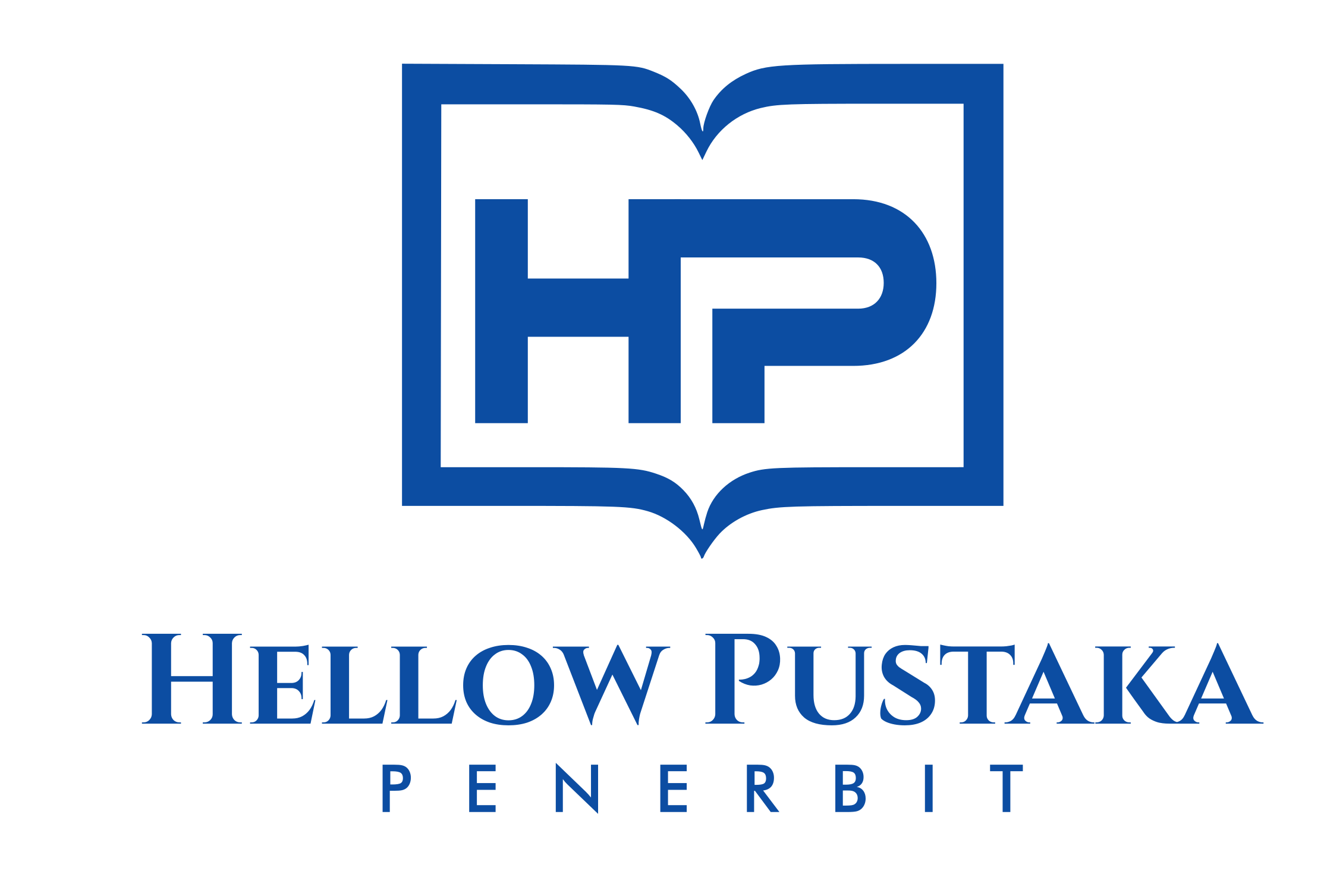Islamic Education Curriculum Development
DOI:
https://doi.org/10.61166/amd.v1i1.3Keywords:
Development, Curriculum, Islamic EducationAbstract
The Islamic education curriculum is materials in the form of activities, knowledge and experiences which are systematically given to students to achieve goals. The curriculum is also an activity that includes various student activity plans in detail in the form of educational material forms, suggestions for teaching and learning strategies, program arrangements so that they can be implemented, and things that cover various activities until the desired goals are achieved. The Islamic Education Curriculum will not be separated from the principles of Islam itself, namely the Al-Qur'an and Al-Hadith, so the main characteristic that can be known is that it includes the Al-Qur'an and Al-Hadith as the main source. The Islamic education curriculum must emphasize religious and moral subjects. Religion and morals must be taken from the Al-Qur'an and Al-Hadith as well as examples from previous pious figures.
References
Al-Rashid dan Samsul Nizar.2005. Filsafat Pendidikan Islam: Pendekatan Historis Teoritis dan Praktis. Jakarta: Ciputat Press. Basri, Hasan dan Beni Ahmad Saebani. 2010. Ilmu Pendidikan Islam jilid II. Bandung: Pustaka Setia.
Gama, G. V. A. A., Devy Habibi Muhammad, & Nazah Ulinnuha. (2023). Implementasi Pembelajaran Pendidikan Agama Islam Pada Siswa Berkebutuhan Khusus Di SLB Sinar Harapan 1 Kota Probolinggo. LECTURES: Journal of Islamic and Education Studies, 2(1), 55–71. https://doi.org/10.58355/lectures.v2i1.23
Harunnilah. 2014. Makalah Kurikulum Pendidikan Islam. Dalam http://harunnilah.blogspot.co.id_ diakses pada 4 November 2016.
Mappanganro. 1998. Pengembangan Kurikulum Pendidikan Islam. Ujung pandang: Yayasan Ahkam.
Minarti, Sri. 2013. Ilmu Pendidikan Islam. Jakarta: Amzah.
Nasution. 2006. Kurikulum dan pengajaran. Jakarta: Bumi Aksara.
Noer Aly, Hery. 1999. Ilmu Pendidikan Islam. Jakarta: Logos.
Patimah, A., & Ibnudin. (2022). Konsep Pendidikan Islam dalam Keluarga (Studi Analisis Buku Dr. Nur Ahid, M.Ag). Journal Islamic Pedagogia, 2(1), 46–54. https://doi.org/10.58355/pedagogia.v2i1.77
Rusydi, I. (2015). Visi Perdamaian Dalam Pengajaran Sejarah Pemikiran Islam (Studi Kritis Kurikulum Pendidikan). Analisis: Jurnal Studi Keislaman, 15(1), 193-218.
Roqib, Moh. 2009. Ilmu Pendidikan Islam. Yogyakarta: PT LKiS Printing Cemerlang.
Sudjana, Nana. 2005. Pembinaan dan Pengembangan Kurikulum di sekolah. Jakarta: Sinar Baru Algensindo. Syed Ali Ashraf dan Syed Sajjad Husein.
Krisis Pendidikan Islam. Terj. Rahmani Astuti. Bandung: Risalah.
Umar, Bukhori. 2010. Ilmu Pendidikan Islam. Jakarta: Amzah.
Widiya Lestari. (2023). Teacher Professionalism in Learning in Madrasah Ibtidaiyah Muhammadiyah Tegalurung Balongan Indramayu. DIROSAT: Journal of Education, Social Sciences & Humanities, 1(1), 19–25. https://doi.org/10.58355/dirosat.v1i1.4
Winda Holillah, & Siti Romlah. (2022). Pengaruh Penerapan Metode Probing Prompting Terhadap Prestasi Belajar Siswa Pada Mata Pelajaran Akidah Akhlak Di Mts Nurrezky Hasanah Ciparay. ATTAQWA: Jurnal Pendidikan Islam Dan Anak Usia Dini, 1(1), 31–38. https://doi.org/10.58355/attaqwa.v1i1.8
Downloads
Published
How to Cite
Issue
Section
License
Copyright (c) 2023 Amandemen: Journal of Learning, Teaching and Educational Studies

This work is licensed under a Creative Commons Attribution 4.0 International License.










